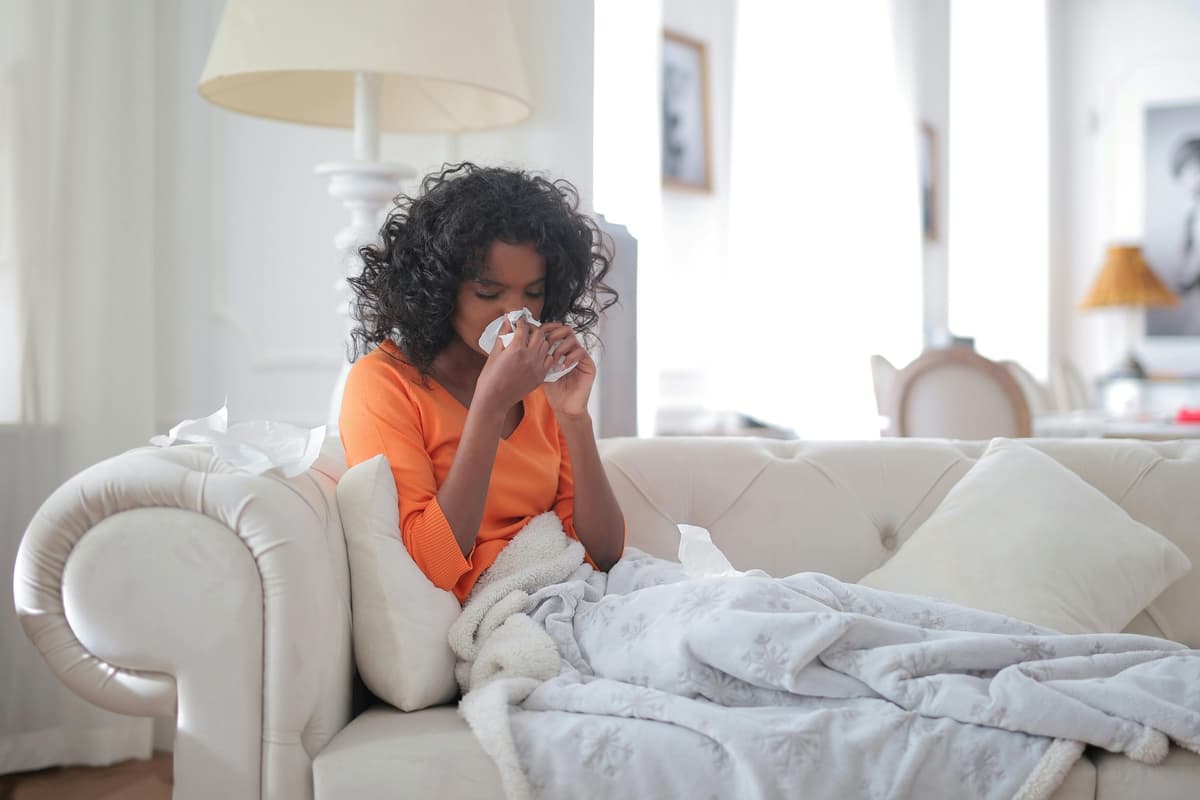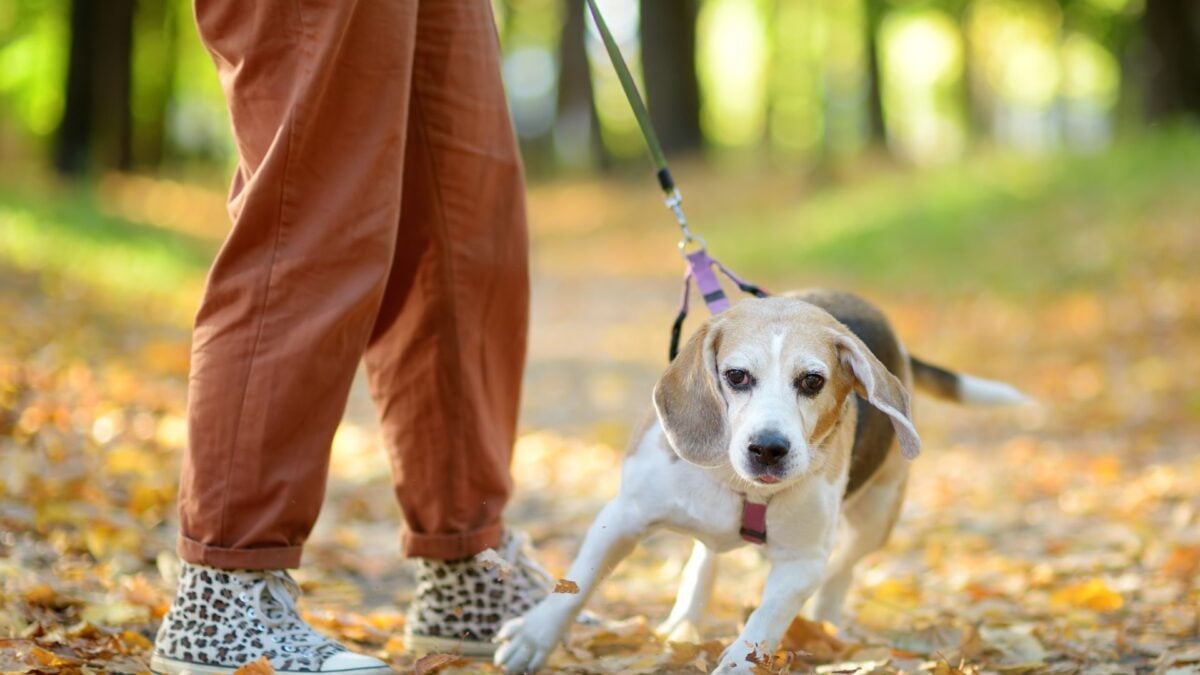The 1 simple practice you can do to stop the spread of the cold – after ‘significant increase’ in cases
By Sarah McCann
Copyright scotsman

There has been a significant increase in cases of the common cold.People are being encouraged to practice good hygiene to help stop the spread.Those who are eligible for the flu vaccine are being urged to take up the vaccination as soon as they are invited.
There has been a significant increase in cases of the common cold, with the latest data from the UK Health and Security Agency (UKHSA) reporting that the number of positive cases of rhinovirus has increased to 14.8% compared to 10.9% the previous week.
Meanwhile, cases of Covid have increased from 7.6% to 8.4% in a week, and hospitalisations have risen from 2.00 per 100,000 to 2.73 per 100,000. Those who are eligible for the flu vaccine have been urged to book their appointment, as cases of the flu, Covid, and the common cold have begun to surge ahead of winter.
Last winter, the NHS faced a “quad-demic” of seasonal illnesses that put additional strain on hospitals, with more than 300,000 hospital bed days taken up by patients with the flu. As cases of the common cold spike, this is everything you need to know about what is behind the rise – and a simple practice to protect yourself from becoming unwell.
Why are cases of the cold increasing?
There has been a significant increase in the virus that causes the common cold. The latest data from the UKHSA reports that the number of positive cases of rhinovirus has increased to 14.8% compared to 10.9% the previous week.
The reason behind the increase is suspected to be driven by the return of schools after the summer break.
What can I do to stop a cold spreading?
To help reduce the spread of the common cold, people are being urged by the NHS to practice good hygiene. Frequently washing your hands with warm water and soap is one of the most effective ways to stop an infection from being passed on.
If someone in your household has the cold, avoid sharing items like towels, cups or children’s toys and avoid touching your face if you’ve come into contact with the virus. Use tissues to trap germs and dispose of them after use.
What are the symptoms of the cold?
The symptoms of the common cold tend to come on gradually and can last up to one or two weeks. The main signs of the cold, according to the NHS, can include:
a blocked or runny nose sneezing a sore throat a hoarse voice a cough feeling tired and unwell
Additional symptoms can also include:
a high temperature aching muscles a loss of taste and smell a feeling of pressure in your ears and face
Who is eligible for the flu vaccine?
The flu vaccine does not prevent colds, but it can help protect you from catching the flu.
To be eligible for the flu vaccine you must be aged 65 or over (including those who will be 65 by March 31, 2026), have certain long-term health conditions, be pregnant, live in a care home, are the main carer for an older or disabled person, or receive a carer’s allowance or live with someone who has a weakened immune system.
Dr Jamie Lopez Bernal, Consultant Epidemiologist at UKHSA, said: “If you have symptoms of flu or COVID-19 such as a high temperature, cough, and feeling tired and achy, try to limit your contact with others, especially those who are vulnerable.
“If you have symptoms and need to leave the house, our advice remains that you should wear a face covering. Washing hands regularly and using and disposing of tissues in bins can reduce the spread of respiratory illnesses.
“Flu and COVID-19 levels are starting to slowly increase. While this is to be expected at this time of year, now is the time for people to come forward for their winter vaccines if they’re eligible, before we start to see more of these viruses in circulation in the winter months.
“Vaccination offers the best protection against flu, COVID-19, and RSV, which is why it’s vital that eligible groups get vaccinated.”
You can find out more information about signs of the common cold and how to ease symptoms at NHS.UK.



